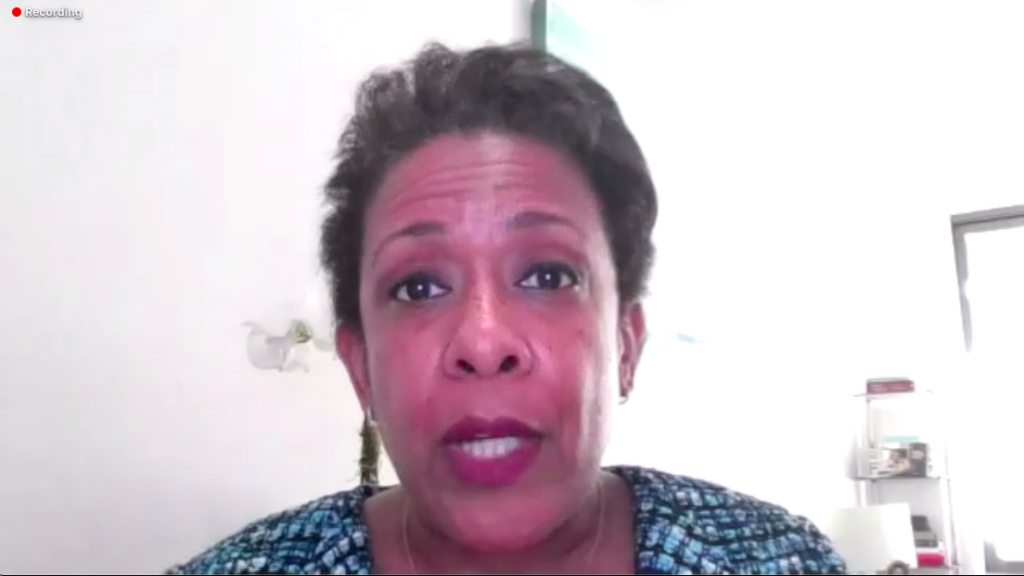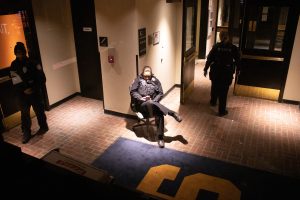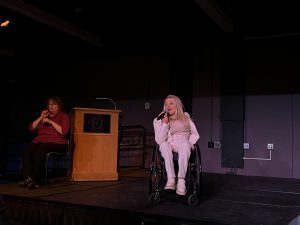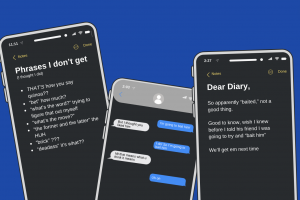Loretta Lynch details public safety review board proposal
Loretta Lynch details public safety review board proposal

Former U.S. Attorney General Loretta Lynch outlined her team’s proposal for a review board of the Syracuse University Department of Public Safety during a Zoom town hall meeting Wednesday night. The meeting was the second of three town halls this week that Lynch will host on the review board, which plans to be in place by the spring of 2021, Lynch said during the first meeting on Monday.
Lynch detailed the board’s structure, its three main functions and its responsibilities, but was quick to stress that additional Syracuse community feedback is still needed to finalize the proposal. The proposed board is part Lynch’s overall review of DPS that Chancellor Kent Syverud announced back in February.
Based on the current framework, the board would consist of nine members: two undergraduate students, one graduate student, two faculty members, two administrators and two non-administrative staff members, with at least one union member. Board members would serve two year terms and the selection process, though not yet finalized, would be multi-faceted, Lynch said.
“The board selection has to take diversity into account,” Lynch said.
After an examination of other schools’ public safety oversight structures, Lynch and her team found that many public safety review boards are mainly limited to advisory roles. The DPS review board at SU would have more power, including the ability to conduct investigations, Lynch said.
“We feel that the structure we recommend going forward would be among the most powerful university civilian review boards that we have seen,” Lynch said.

The board’s three main purposes would include the review of changes to DPS policies, the review of appeals of decisions issued by DPS internal affairs, and the publication of an annual report available to the entire Syracuse community. The DPS chief would also be required to appear before the board at least once annually, Lynch said.
Though the board would only be required to host a public forum once annually, Lynch said she envisions the board will “likely” hold public sessions more frequently throughout a calendar year.
The board’s review of DPS internal affairs appeals will first address whether a complaint is sustained. Then, the board will agree with DPS’s decision, recommend an alternative decision or suggest further investigation. Ultimately, the decision reached by the board will be submitted to Chancellor Kent Syverud for final determination, Lynch said.
Lynch also added that while most DPS policy changes would likely be reviewed by the board for approval, there are certain instances — like when New York’s state law on law enforcement chokeholds changed this year — that cannot be reviewed, since they must be implemented with immediate effect.
Lynch then responded to questions from the town hall’s attendees. Several participants expressed concerns about the student representation on the board, given that the current proposal would include only two undergraduates. One person suggested amending the proposal to include a student from every year.
“I think expanding it is certainly an option to add more students to the board,” Lynch said, later adding, “We definitely take that as a very serious recommendation.”
Lynch also commented that she is working with SU’s communications department to make the powerpoint presentation and Q&A session available for those who were not able to attend.
“This has really been a great privilege to get to know the members of the Syracuse University community,” Lynch said. “We’ve talked to students, faculty and staff, and everyone we’ve talked to has cared deeply about this issue.”








